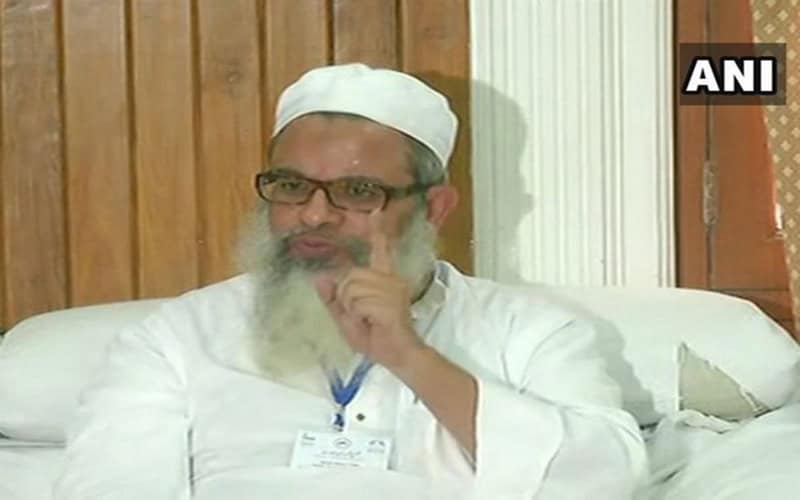NEW DELHI: Describing the Supreme Court’s verdict in the Babri Masjid- Ram Janmabhoomi case a “the darkest spot in history”, the Jamiat Ulama-i-Hind (JUH) decided not to file a review petition as “there was possibility of further damage”.
According to a report published in The Indian Express, JUH faction led by senior Deoband teacher Maulana Arshad Madani in a meeting on November 21, said it was not against others filing a review petition, but it only hopes such a move does not cause any further damage.
The Jamiat resolution adopted on Thursday reads: “The working committee of Jamiat Ulama-i-Hind (JUH) holds the recent Supreme Court verdict on Babri mosque unjust and overwhelmingly one-sided. It has confirmed that the mosque was not built after demolishing any temple but there existed a mosque for several hundred years which was demolished and now the court has paved the way for construction of a temple over its site. As such the judgment is the darkest spot in the history of free India. In such a situation we cannot expect any better award from the concerned judges. Rather, there is possibility of further damage. Therefore, the working committee considers that filing a review petition will not be fruitful.”
Earlier this week, JUH and All India Muslim Personal Law Board (AIMPLB) said that they will file a review petition against the Ayodhya land dispute case verdict within the 30-day period.
The AIMPLB also decided not to accept the five-acre land for the mosque at an alternative site since it is against the tenets of Islam.
In a unanimous verdict on November 9, the Supreme Court directed the Central government to hand over the disputed site at Ayodhya for the construction of a temple and set up a trust for the same.
The apex court further directed the government to allot a “suitable” five-acre plot to the Sunni Waqf Board.

